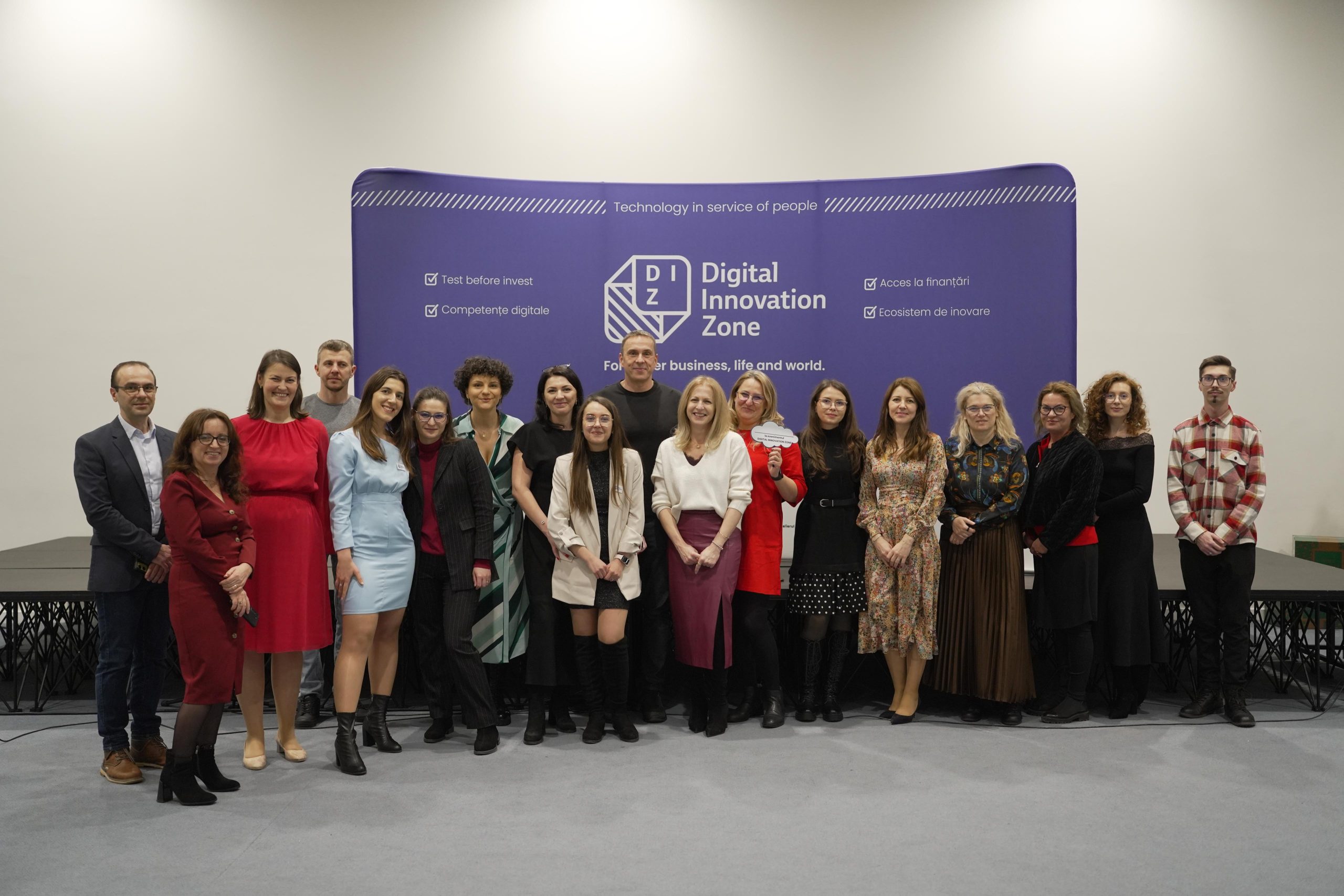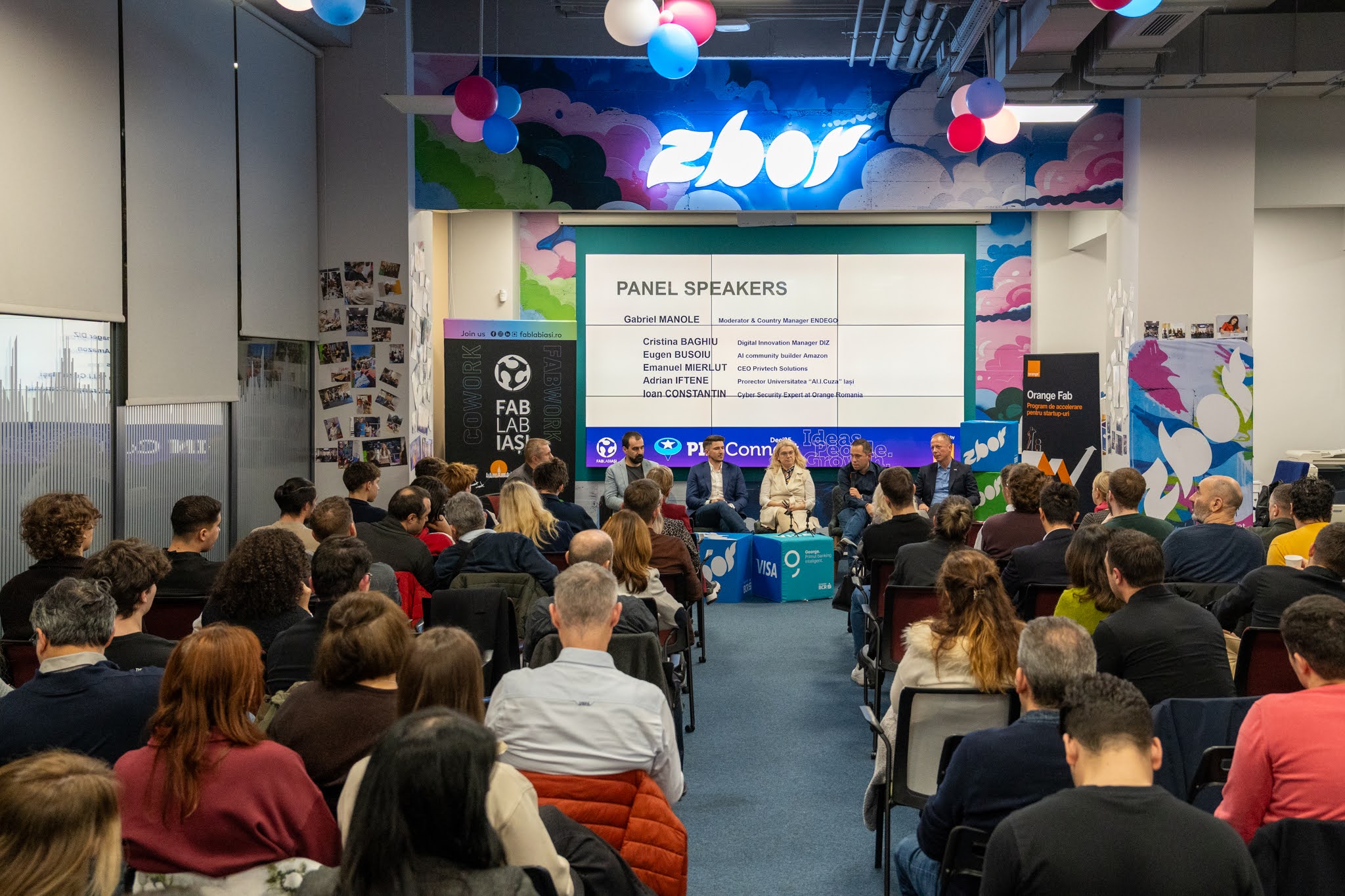Speech during PIN2017 Awards Gala in Iasi, Romania
India is the world’s largest sourcing destination for the information technology (IT) industry, accounting for approximately 67 per cent of the US$ 124-130 billion market.
The industry employs about 10 million workforce. More importantly, the industry has led the economic transformation of the country and altered the perception of India in the global economy. India’s cost competitiveness in providing IT services, which is approximately 3-4 times cheaper than the US, continues to be the mainstay of its Unique Selling Proposition (USP) in the global sourcing market. However, India is also gaining prominence in terms of intellectual capital with several global IT firms setting up their innovation centres in India.
The IT industry has also created significant demand in the Indian education sector, especially for engineering and computer science. The Indian IT and ITeS industry is divided into four major segments – IT services, Business Process Management (BPM), software products and engineering services, and hardware.
The IT-BPM sector which is currently valued at US$ 143 billion is expected to grow at a Compound Annual Growth Rate (CAGR) of 8.3 per cent year-on-year to US$ 143 billion for 2015-16. The sector is expected to contribute 9.5 per cent of India’s Gross Domestic Product (GDP) and more than 45 per cent in total services export in 2015-16.
Market Size
The Indian IT sector is expected to grow at a rate of 12-14 per cent for FY2016-17 in constant currency terms. The sector is also expected to triple its current annual revenue to reach US$ 350 billion by FY 2025. India ranks third among global start-up ecosystems with more than 4,200 start-ups.
India’s internet economy is expected to touch US$ 146.72 billion by 2018, accounting for 5 per cent of the country’s GDP. India’s internet user base reached over 400 million by May 2016, the third largest in the world, while the number of social media users grew to 143 million by April 2015 and smartphones grew to 160 million.
Public cloud services revenue in India is expected to reach US$ 1.26 billion in 2016, growing by 30.4 per cent annually. The public cloud market alone in the country was estimated to treble to US$ 1.9 billion by 2018 from US$ 638 million in 2014^. Increased penetration of internet (including in rural areas) and rapid emergence of e-commerce are the main drivers for continued growth of data centre co-location and hosting market in India. The Indian Healthcare Information Technology (IT) market is valued at US$ 1 billion currently and is expected to grow 1.5 times by 2020. India’s business to business (B2B) e-commerce market is expected to reach US$ 700 billion by 2020 whereas the business to consumer (B2C) e-commerce market is expected to reach US$ 102 billion by 2020.
Investments
Indian IT’s core competencies and strengths have attracted significant investments from major countries. The computer software and hardware sector in India attracted cumulative Foreign Direct Investment (FDI) inflows worth US$ 21.02 billion between April 2000 and March 2016, according to data released by the Department of Industrial Policy and Promotion (DIPP).
Indian start-ups are estimated to have raised US$ 1.4 billion across 307 deals in quarter ending March 2016.
Most large technology companies looking to expand have so far focused primarily on bigger enterprises, but the small and medium businesses presented a lucrative opportunity worth US$ 11.6 billion in 2015, which is expected to grow to US$ 25.8 billion in 2020. Moreover, India has nearly 51 million such businesses of which 12 million have a high degree of technology influence and are looking to adopt newer IT products, as per the report.
Some of the major developments in the Indian IT and ITeS sector in recent times are as follows:
- Google, the American technology giant, has launched a new Wi-Fi platform called Google station, under which the company will install Wi-Fi hot spots in places frequented by a large number of people like malls, cafes, universities, railway stations etc..
- Reliance Industries Ltd (RIL) plans to set up entrepreneurship hubs in key cities and towns, and a US$ 748 million fund, under the name of Jio Digital India Startup Fund, to invest in technology based startups.
- Digital wallet start-up MobiKwik, which is owned and operated by One MobiKwik Systems Private Limited, has raised US$ 40 million from Nasdaq-listed firm Net1, a South African payments technology company.
- Apple Inc. plans to set up its first technology development centre outside the US in Hyderabad with an investment of US$ 25 million, which is expected to create 4,500 jobs, as per Mr Jayesh Ranjan, Secretary, IT for the state of Telangana.
- National Association of Software and Services Companies (NASSCOM) plans to open four more tech start-up incubation centres in different parts of India, in addition to existing three, in support of Government of India’s ‘Start-up India’ initiative.
- Wipro Ventures, Wipro’s US$ 100 million corporate venture arm, plans to invest in early-stage Venture Capital (VC) funds based in the US to pursue a strategy of investing/partnering country-focussed VCs.
- A recent study by research firm International Data Corporation (IDC) suggests that India may soon be able to catch up with the global technology trends that have disrupted enterprises, industry and the way consumers behave and transact.
- Reliance is building a 650,000 square feet (sq ft) data centre in India—its 10th data centre in the country—with a combined capacity of about 1 million sq ft and an overall investment of US$ 200 million.
Government Initiatives
Some of the major initiatives taken by the government to promote IT and ITeS sector in India are as follows:
- E-Service Centers to be increased to 250,000 from 150,000 currently to enable village level entrepreneurs to interact with national experts for guidance, besides serving as a e-services distribution point.
- The Government of Telangana has signed an agreement with network solutions giant Cisco Systems Incorporation, to cooperate on a host of technology initiatives, including Smart Cities, Internet of Things, cyber security, education digitisation of monuments.
- The Railway Ministry plans to give a digital push to the India Railways by introducing bar-coded tickets, Global Positioning System (GPS) based information systems inside coaches, integration of all facilities dealing with ticketing issues, Wi-Fi facilities at the stations, super-fast long-route train service for unreserved passengers among other developments, which will help to increase the passenger traffic.
- The Pune Smart City Development Corporation (PSCDCL) has signed a memorandum of understanding (MOU) with the European Business and Technology Centre (EBTC), which will allow it to gain access to real-time knowledge of technologies, solutions and best practices from Europe.
- The e-Tourist Visa (e-TV) scheme has been extended to150 countries, including Romania to enable tourists to obtain Indian visas online without leaving the comfort of their homes/offices.or visiting the Embassy.
- Government of India is planning to develop five incubation centres for ‘Internet of Things’ (IoT) start-ups, as a part of Prime Minister Mr Narendra Modi’s Digital India and Startup India campaign, with at least two centres to be set up in rural areas to develop solutions for smart agriculture.
- The Government of India has launched the Digital India program to provide several government services to the people using IT and to integrate the government departments and the people of India. The adoption of key technologies across sectors spurred by the ‘Digital India Initiative’ could help boost India’s Gross Domestic Product (GDP) by US$ 550 billion to US$ 1 trillion by 2025.
- India and the US have agreed to jointly explore opportunities for collaboration on implementing India’s ambitious US$ 16.58 billion ‘Digital India Initiative’. The two sides also agreed to hold the US-India Information and Communication Technology (ICT) Working Group in India later this year.
- The Government of Telangana has begun construction of a technology incubator in Hyderabad—dubbed T-Hub—to reposition the city as a technology destination. The state government is initially investing Rs 35 crore (US$ 5.14 million) to set up a 60,000 sq ft space, labelled the largest start-up incubator in the county, at the campus of International Institute of Information Technology-Hyderabad (IIIT-H). Once completed, the project is proposed to be the world’s biggest start-up incubator housing 1,000 start-ups.
- The Department of Electronics and Information Technology (DeitY) plans to start a digital literacy programme, aimed at training over six crore Indians in the next three years to empower them for digital inclusion.
Road Ahead
India is the topmost offshoring destination for IT companies across the world. Having proven its capabilities in delivering both on-shore and off-shore services to global clients, emerging technologies now offer an entire new gamut of opportunities for top IT firms in India. Social, Mobility, Analytics and Cloud (SMAC) are collectively expected to offer a US$ 1 trillion opportunity. Cloud represents the largest opportunity under SMAC, increasing at a CAGR of approximately 30 per cent to around US$ 650-700 billion by 2020. The social media is the second most lucrative segment for IT firms, offering a US$ 250 billion market opportunity by 2020. The Indian e-commerce segment is US$ 12 billion in size and is witnessing strong growth and thereby offers another attractive avenue for IT companies to develop products and services to cater to the high growth consumer segment.





























